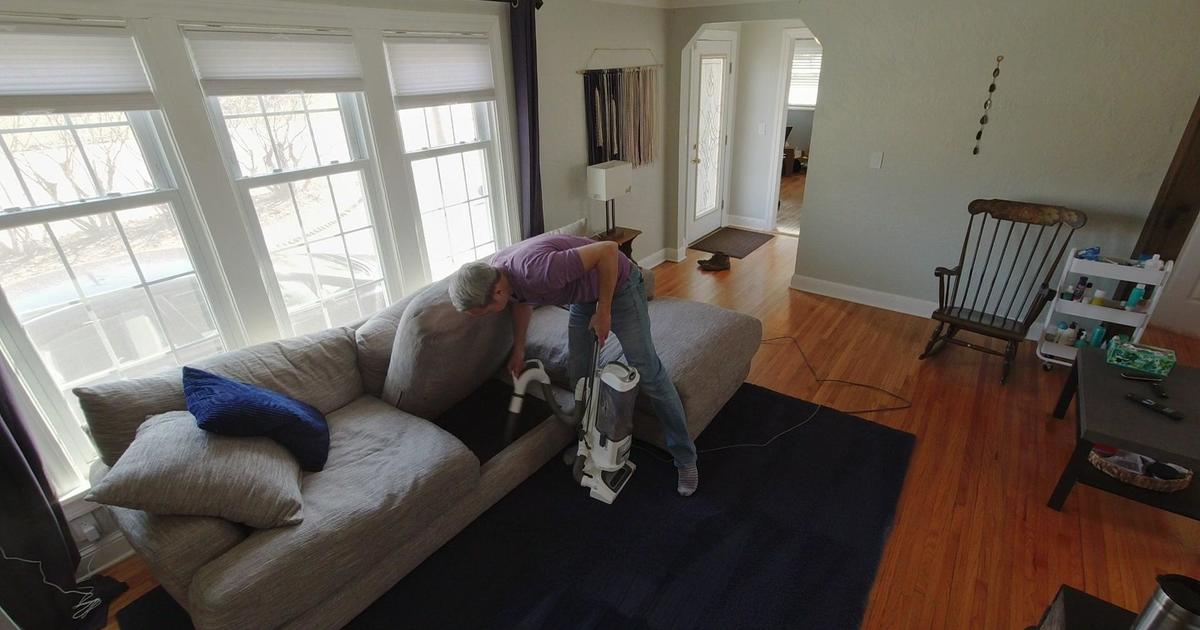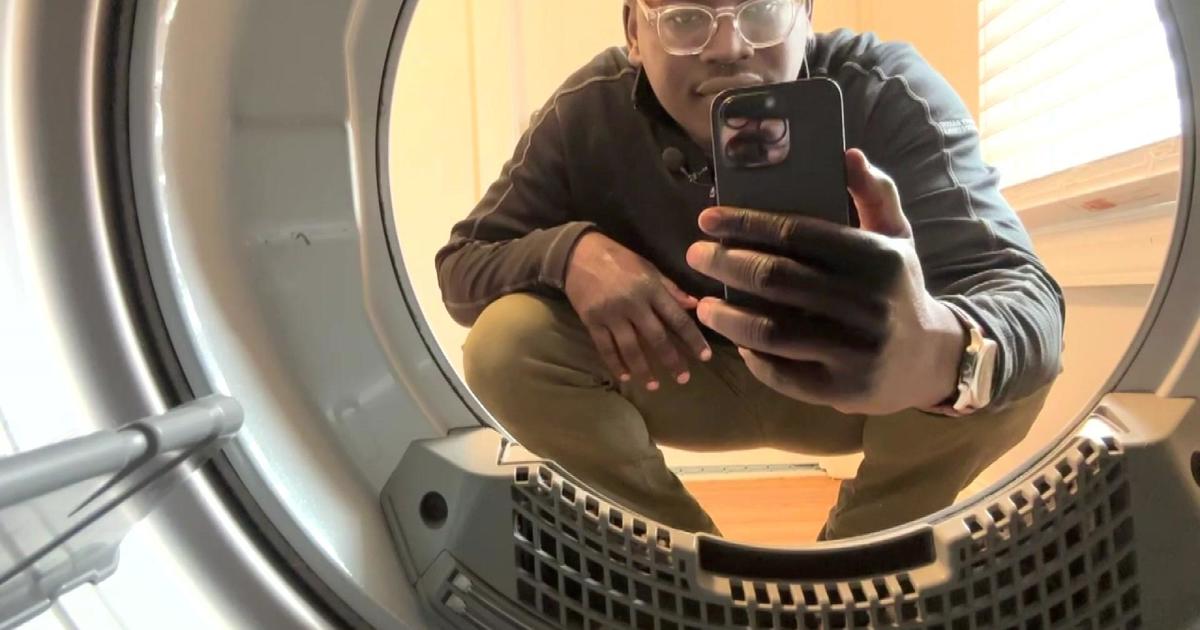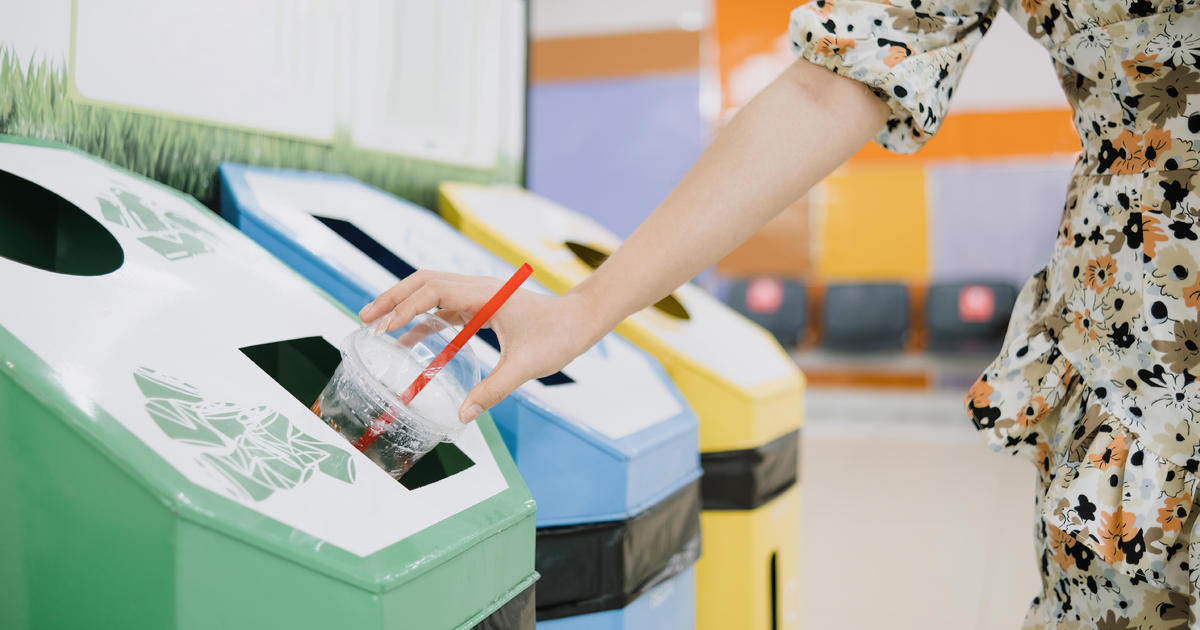Good Question: Why Can't We Look At The Sun During An Eclipse?
MINNEAPOLIS (WCCO) -- When you're told you could look at something that won't happen again for 105 years, it makes you want to look.
When all the people on TV tell you, "Don't look," it might make you want to look even more.
Before every eclipse the advice is the same -- don't look directly at the sun.
But what would happen if you do look?
And are eclipses more dangerous than any other day of sunshine?
"The problem in just looking is that you could do damage," said Dr. Erick Bothun, an eye doctor with Minnesota Lions Children's Eye Clinic.
He said looking at the sun is like holding a magnifying glass to a leaf.
"That light is optically focused on the back of our eye, and there's a film back there called the retina," he said. "And that's supposed to detect light and the film can be damaged if you look at the sun for any significant amount of time."
A British astronomer simulated this by pointing a telescope on the sun, and holding a grape in front of the lens. It takes a minute and the grape catches on fire.
So would staring at the sun cause someone to go blind?
"The damage leads to a central area in your vision that sees poorly," Bothun said. "Whether it's a gray zone or black zone, you can't see well. Vision impairment has been reported and seen. Blindness in terms of lights out? No."
So to get a good look at the Transit of Venus, photographers at University of Minnesota put a solar filter over the lens.
Smart move. The Pioneer Press' photographer Ben Garvin reported that he melted the shutter of his camera trying to take a photo.
"Plastic melted like wax," Garvin said. "I have new found respect for sun."
"Nobody knows why or what creates sensitivity," Bothun said. "There is a reflex in our brain that has nothing to do with vision -- that creates the feeling of pain when we see light."
Is looking at the sun during an eclipse worse than normally staring at the sun?
"Great question," Bothun said, "the answer is no."
The main issue, he said, is the issue of duration. The longer we look at the sun, the more problems we have.
Typically, when we feel pain, we look away. But during an eclipse, there's the chance people will keep looking back, causing real problems, Bothun said.



